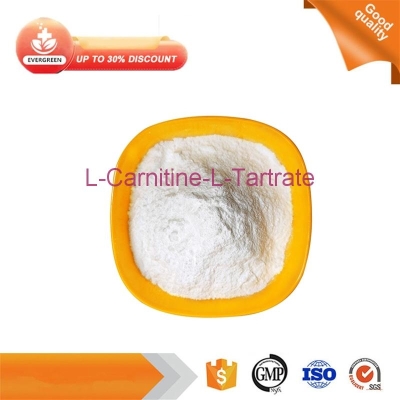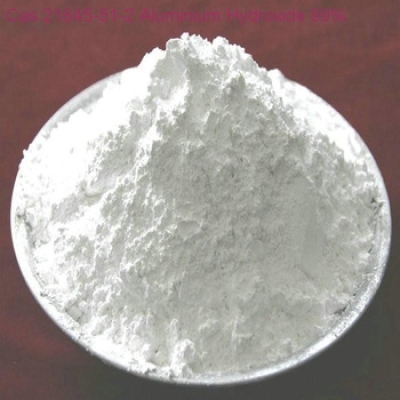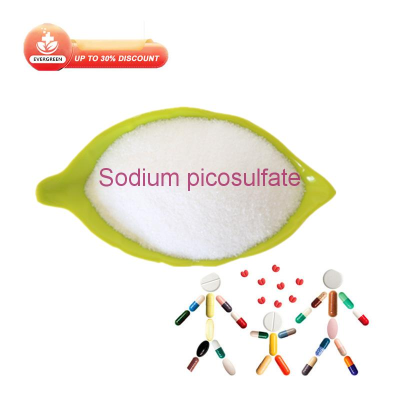-
Categories
-
Pharmaceutical Intermediates
-
Active Pharmaceutical Ingredients
-
Food Additives
- Industrial Coatings
- Agrochemicals
- Dyes and Pigments
- Surfactant
- Flavors and Fragrances
- Chemical Reagents
- Catalyst and Auxiliary
- Natural Products
- Inorganic Chemistry
-
Organic Chemistry
-
Biochemical Engineering
- Analytical Chemistry
- Cosmetic Ingredient
-
Pharmaceutical Intermediates
Promotion
ECHEMI Mall
Wholesale
Weekly Price
Exhibition
News
-
Trade Service
Primary sclerosing cholangitis (PSC) is a rare inflammatory fibrotic disorder involving both intrahepatic and extrahepatic bile ducts
.
Patients with PSC are at risk
of progression to biliary cirrhosis, liver decompensation, and cholangiocarcinoma.
PSC is often associated
with inflammatory bowel disease (IBD).
Although the pathogenesis of PSCs is not well understood, there is evidence that bacteria or bacterial products originating in the gut have irritating effects
.
There are no known effective therapies for PSC, and its progression does not appear to be affected by immunosuppressive therapies, including those used to treat underlying IBD
.
Ursodeoxycholic acid (UDCA) has been widely used in PSCs and has been associated with reduced serum levels of alkaline phosphatase (ALP), a key biomarker for cholestasis and bile duct damage, but has not been shown to slow the progression of liver or biliary disease with PSC
.
In addition, trials of high-dose UDCA were harmful, with increased liver-related adverse outcomes in patients receiving UDCA 28 to 30 mg/kg/day compared with placebo
recipients.
Berberine ursodeoxycholate (HTD1801), an ionic salt of berberine (BBR) and UDCA, represents a new molecular technique that offers the possibility
of combination therapy for PSC.
To this end, the researchers conducted an 18-week proof-of-concept study to evaluate the safety and efficacy
of HTD1801 in PSC.
The study had three six-week cycles: (i) placebo-controlled period, (ii) treatment extension period, and (iii) randomized treatment discontinuation period
.
The primary endpoint was change in alkaline phosphatase (ALP) from baseline at week 6
.
The results of the study showed that 55 patients were randomized and treated; Thirty-five (64%) had inflammatory bowel disease and 22 (40%) had been treated
with ursodeoxycholic acid.
Patients were initially randomized to placebo (n=16), HTD1801 500 mg BID (n=15), or HTD1801 1000 mg BID (n=24).
。 At week 6, a significant reduction in ALP was observed in the HTD1801 group compared with placebo (98 U/L) (least squares mean; HTD1801 500 mg BID = -53 U/L,P=0.
016;HTD1801 1000 mg BID=-37 U/L,P=0.
019)
。 ALP reduction continued until week 18 in patients who continued treatment, while ALP increased
in patients who transitioned to placebo in stage 3.
HTD1801 is generally well tolerated
.
Therefore, HTD1801 has been confirmed to be associated with significant improvement in ALP through this prospective drug trial and is a treatment worthy of further study as a treatment
for PSC.
Original source:
Kowdley, Kris V.
et al.
A Randomized, Dose-Finding, Proof-of-Concept Study of Berberine Ursodeoxycholate in Patients With Primary Sclerosing Cholangitis.
The American Journal of Gastroenterology.
2022.







